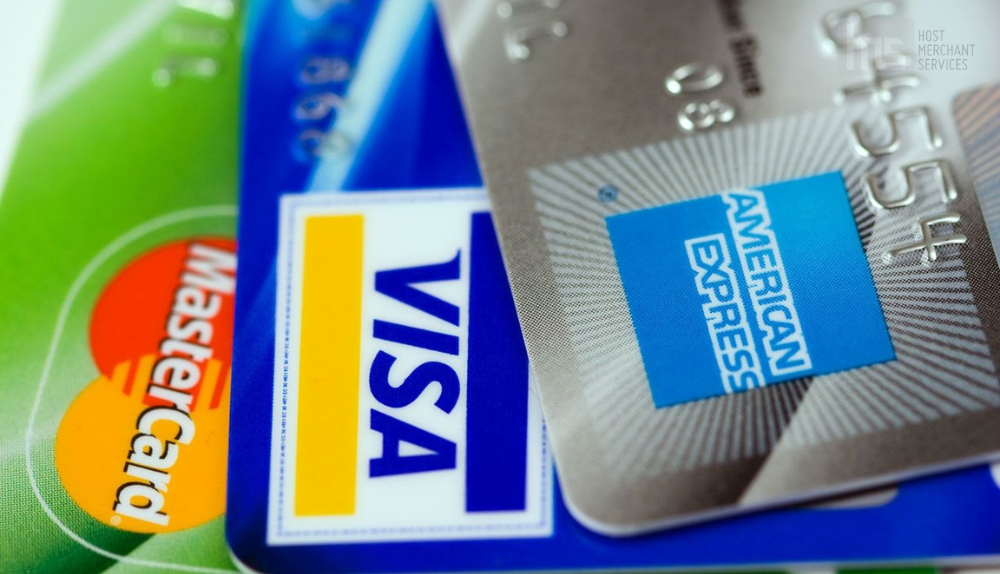
By max June 29, 2023
One of the biggest challenges for small and mid-sized businesses is the high credit card fees. Earlier, merchants accepted the fees as a cost of doing business online, but as the cost has been increasing at an exponential rate, merchants are now passing this high processing fee on to the customers. In this article we will get complete information about the Visa surcharge rules changed in 2023.
This has led customers to think twice about using their credit cards for processing transactions online. They are rather switching to more affordable options, like digital wallets that incur zero transaction fees or cash payments. Every merchant accepting credit card transactions must comply with the surcharge regulation to protect customers’ interests. There are two major changes regarding the surcharge we’ve seen in 2023.
- Merchants must inform their acquiring banks about collecting surcharges from customers at least 30 days before they implement this fee.
- The surcharge percentage a merchant can pass on to the customer has been lowered to 3% from 4%, meaning the merchant can recover 3% of the credit card processing fee, even if the actual processing fee they incurred in the transaction was higher.
Merchants are supposed to notify clients about the surcharge. It’s also important to note that the surcharge is applied to credit cards and only the US territories where the surcharge is lawfully acceptable. Visa will monitor the activity regarding the surcharge and take necessary compliance action should you violate any rule.
In this post, we are going to discuss the recent changes in the Visa surcharge rules, how it’s affecting customers’ purchase decisions, and what impact it has on your business’s bottom line. Let’s get started.
What is Credit Card Surcharge?

A credit card surcharge refers to adding a fee to the total cost of the transaction to recover the cost of the processing fee. Credit card processing doesn’t come for free. For each transaction processed through the cards, merchants incur a fixed percentage of the fee. Instead of bearing this cost, a merchant can pass it on to the customer so that the processing fee does not affect their bottom line. This means customers using credit cards for payment processing will pay a price higher than customers using other payment methods for the same product.
Not every merchant applies the “extra” on credit card transactions. Some merchants might use the surcharge by offering a discount equivalent to the credit card processing fee. This discount is offered to customers that use cash, debit cards, and other payment methods to make payments. Surcharging is targeted at reducing the processing fee for merchants.
However, surcharging is prohibited in some areas, like Connecticut and Massachusetts. This means customers paying through credit cards won’t incur an additional fee. The merchant has to bear this cost, instead. In other areas, the laws keep changing. For example, the recent law regarding credit card surcharging, effective since April 15, 2023, has lowered the cap on the fee from 4% to 3%. This implies that the maximum a merchant can recover on credit card processing from their customers is 3%. However, the actual processing fee can be higher.
Visa Surcharge Rules Changed In 2023- How Does It Affect Businesses?
The interchange fee varies from one card network to another. Visa’s interchange rate fee is between 1.5% and 3.5% and an interchange plus fee, which is 0.5%. Let’s say you pay the lowest interchange fee and interchange plus fee, i.e. 1.5% + 0.5%. So, you pay 2% of the processing fee. Considering the recent laws that allow up to a 3% extra fee to the customer, the lowest processing fee will easily help you recoup the extra you spend on credit card processing. But that’s not always the case.
Not every merchant qualifies for this processing fee, especially if you are processing high-ticket transactions or accepting payments from international customers. Even if you do qualify for the lowest processing fee, that’s not the only extra amount you incur on card transactions.
A merchant has to pay authorization fees, assessment fees, chargeback fees (if the customer issues a chargeback), etc. These extras can negatively affect your bottom line. It’s pretty obvious why merchants are so focused on recovering their processing fees and why they implement surcharges on credit card processing. It seems the most suitable way of recovering a small percentage of the fee spent on processing card payments.
The biggest issue is not the processing fee, but the poor customer experience. A majority of customers negotiate the price of the product just so they can get an affordable deal. So, paying a 3% credit card processing fee will be very inconvenient and expensive for them.
According to a survey, 71% of customers who were never charged a credit card fee were asked how they would react if they had to pay the surcharge. They said they would be unsatisfied with the merchant. While many customers do not mind paying a few extra dollars on the surcharge, this often results in a bad customer experience for customers that visit your store with a strict budget.
How Can Merchants Comply with Surcharge Regulations?
There are two ways to deal with the credit card processing fee. You can either pass this cost on to the customer or bear the fee on your own. You don’t necessarily have to implement a fee though. There are other alternatives, like a cash discount program, where you offer a discount to customers that use cash, debit cards, and any payment method, except for credit cards. It may look similar to surcharging, but both are different.
Surcharging adds a fee to the total for choosing credit card payments, while cash discounts the amount you pay on the product if you choose cash payments. One of the many benefits of cash discounts is that it’s considered legal in states where surcharging is not allowed.
That’s because cash discounts are considered a marketing tactic, which merchants often use to attract buyers to their stores. You can implement a cash discount for customers that pay through any payment method, but credit cards. This way, you will be saved from the hefty card processing fee, while the customer will be satisfied with the discount offer.
Use Minimum Purchase Amounts
The easiest way to avoid incurring exorbitant card processing fees is by implementing the minimum purchase amount. That way, your customers will use cash for the purchase or they will buy more to hit the minimum purchase limit. Since you pay the interchange fee and interchange plus fee, you can save significantly on large transactions.
The only issue with this method is that customers who are not carrying credit cards might not buy anything from your store. Considering the fact that most customers carry credit/debit cards and choose other payment options, it’s obvious that you will see customers turning to your competitors to buy stuff if they are not allowed to use cards in your store or you have set a minimum purchase limit for those using credit cards for payments.
Raise Prices
Another effective strategy to offset your expenses on the credit card processing fee is raising prices. This works only in the market where customers are not price-sensitive or where competition is scarce. Customers expect a small price raise from time to time. Although raising prices will raise the credit card fees too, you can recover most of it through the increased margin. You can implement this strategy with cash discounts.
Adhere to the Rules
Visa has implemented surcharge limits to protect customers’ interests. As a merchant, it’s your responsibility to ensure that your business complies with these regulations. You must charge 3% (maximum) on the credit card processing. Not only will it help you adhere to the card network’s surcharge rules, but this helps you build your customer’s trust in your brand. There’s a good chance they will return to your store if you don’t overcharge them.
Note that if you are caught charging more than 3% on the surcharge to your customers, you will be penalized with a monthly fine of $25,000. If you keep violating the regulation, the fine amount will increase to $100,000 and might result in your account termination. It is advisable to work with your merchant service provider to understand the transaction fee associated with different credit cards.
Why Should You Avoid Surcharge Altogether?
While it may help you recover the processing fee you pay to the card network for processing credit card transactions, a surcharge can affect your bottom line negatively, as customers prefer working with competitors that charge less for the same product.
Surcharge increases the product price. Even if you go on explaining to your customers about this additional fee, it won’t make any difference. At the end of the day, they will pay extra on the product they could have bought for less from another store that doesn’t implement the processing fee. That’s why it’s best to avoid surcharge altogether. It’s much better to pay a few hundred dollars on card processing fees than lose your potential customers.
